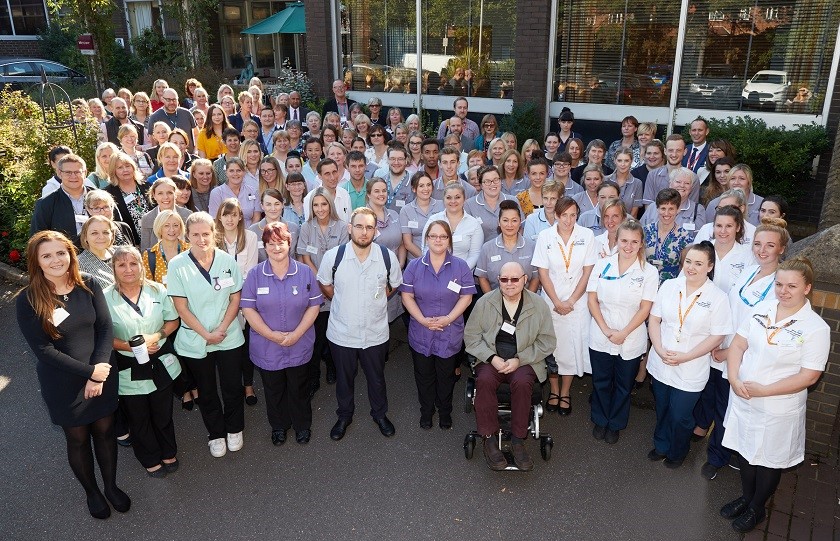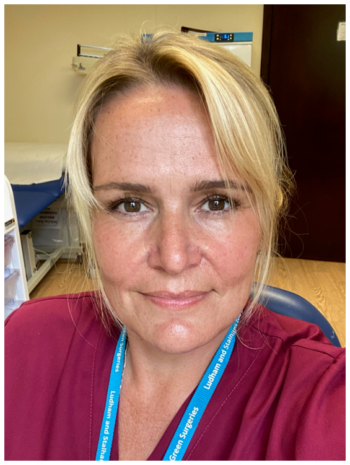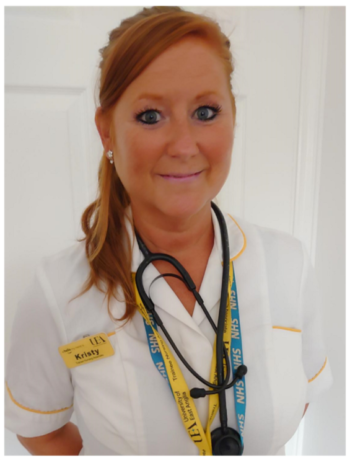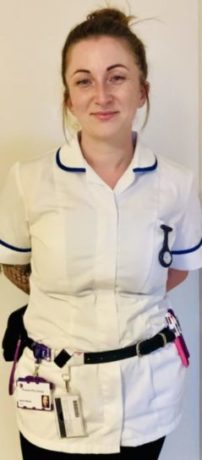START YOUR CAREER JOURNEY TODAY…
Nursing Associate
Happy healthy people providing excellent compassionate care
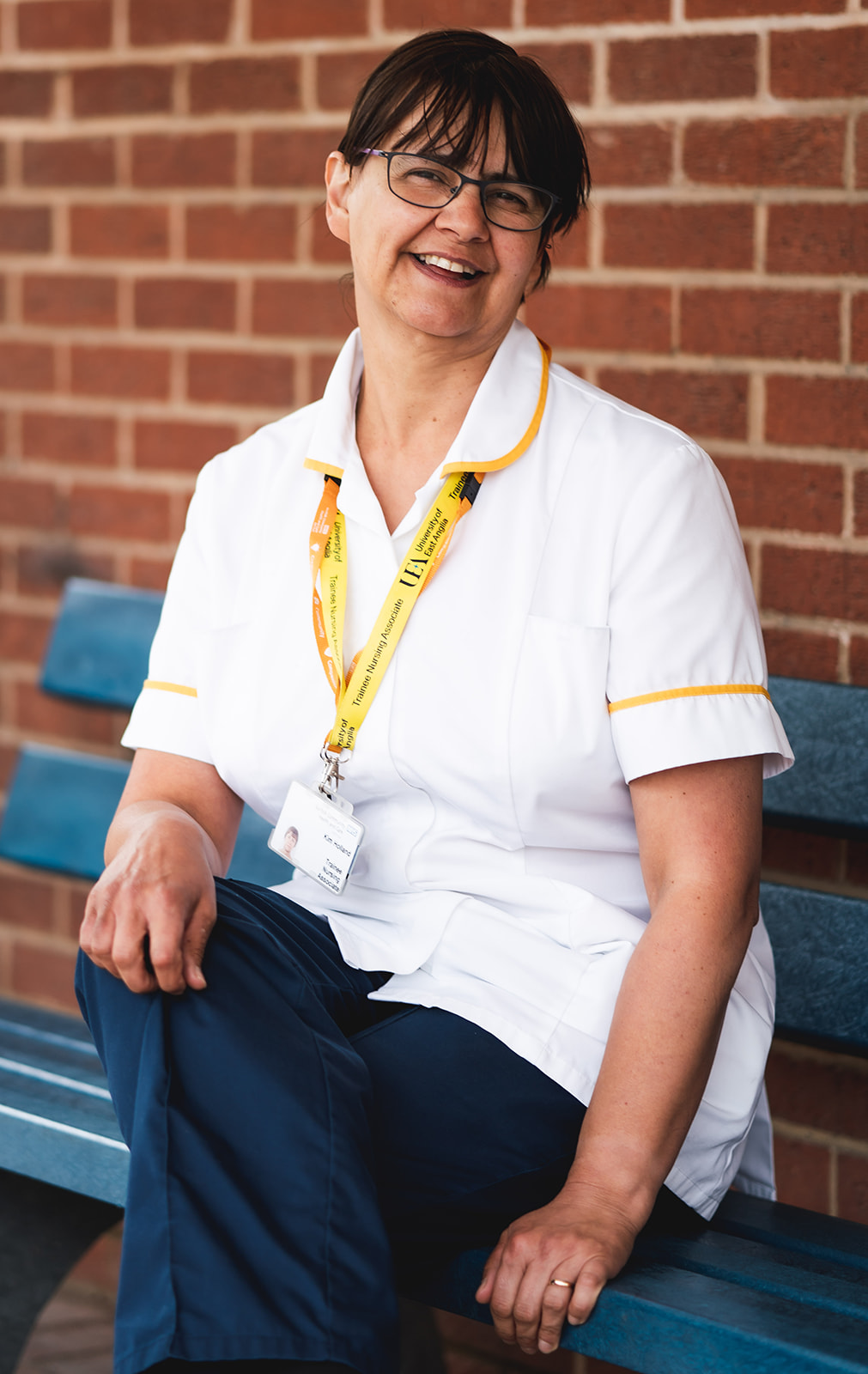
What is a Nursing Associate?
The Nursing Associate is a highly trained support role designed to deliver effective, safe and responsible nursing care in and across a wide range of health and care settings. Nursing Associates will work independently, and with others, under the leadership and direction of a Registered Nurse within defined parameters, to deliver care in line with an agreed plan. Nursing Associates will have a breadth of knowledge and a flexible, portable skills set to serve the local health population, in a range of settings covering pre-life to end of life.
Working within the sphere of nursing, the Nursing Associate delivers high quality patient-centred care across health and social care settings. The Nursing Associate works within all aspects of the nursing process, taking account if the perspectives and pathways of individuals, their families and/or career providing holistic and patient-centred care to individuals, supporting registered nurses in the assessment, planning, delivery and evaluation of care.
The NMC has developed the following film which features Trainee Nursing Associates and Registered Nurses describing how they see the Nursing Associate role contributing to better patient care.
What is the difference between a Nursing Associate and a Registered Nurse?
The Registered Nurse will undertake first assessments and plan and co-ordinate care for patients, as well as leading and managing teams. Nursing Associates will support Registered Nurses by providing, monitoring and contributing to patient care (NMC 2018).
Nursing Associate
1. Be an accountable professional
2. Promoting health and preventing ill health
3. Provide and monitor care
4. Working in teams
5. Improving safety and quality of care
6. Contributing to integrated care
Registered Nurse
1. Be an accountable professional
2. Promoting health and preventing ill health
3. Assessing need and planning care
4. Providing and evaluating care
5. Leading and managing nursing care and working in teams
6. Improving safety and quality of care
7. Co-ordinating care
Nursing Associate training
Who is the programme for?
The nursing associate role programme is for Nursing Assistants/Healthcare support workers/Clinical support workers who are looking for new challenges and to further develop their career within a health or social care environment.
If you are new to care there are a number of ways to get experience which will help you to consider whether the Nursing associate role is the right career for you. Have you considered applying to the ‘bank’ in your chosen health and/or social care setting? You can gain great experience across a variety of settings.
What qualifications will be achieved?
On successful completion of the programme, apprentices will achieve a Foundation Degree Level 5 qualification and will be eligible to apply to the Nursing and Midwifery council (NMC) as a nursing associate.
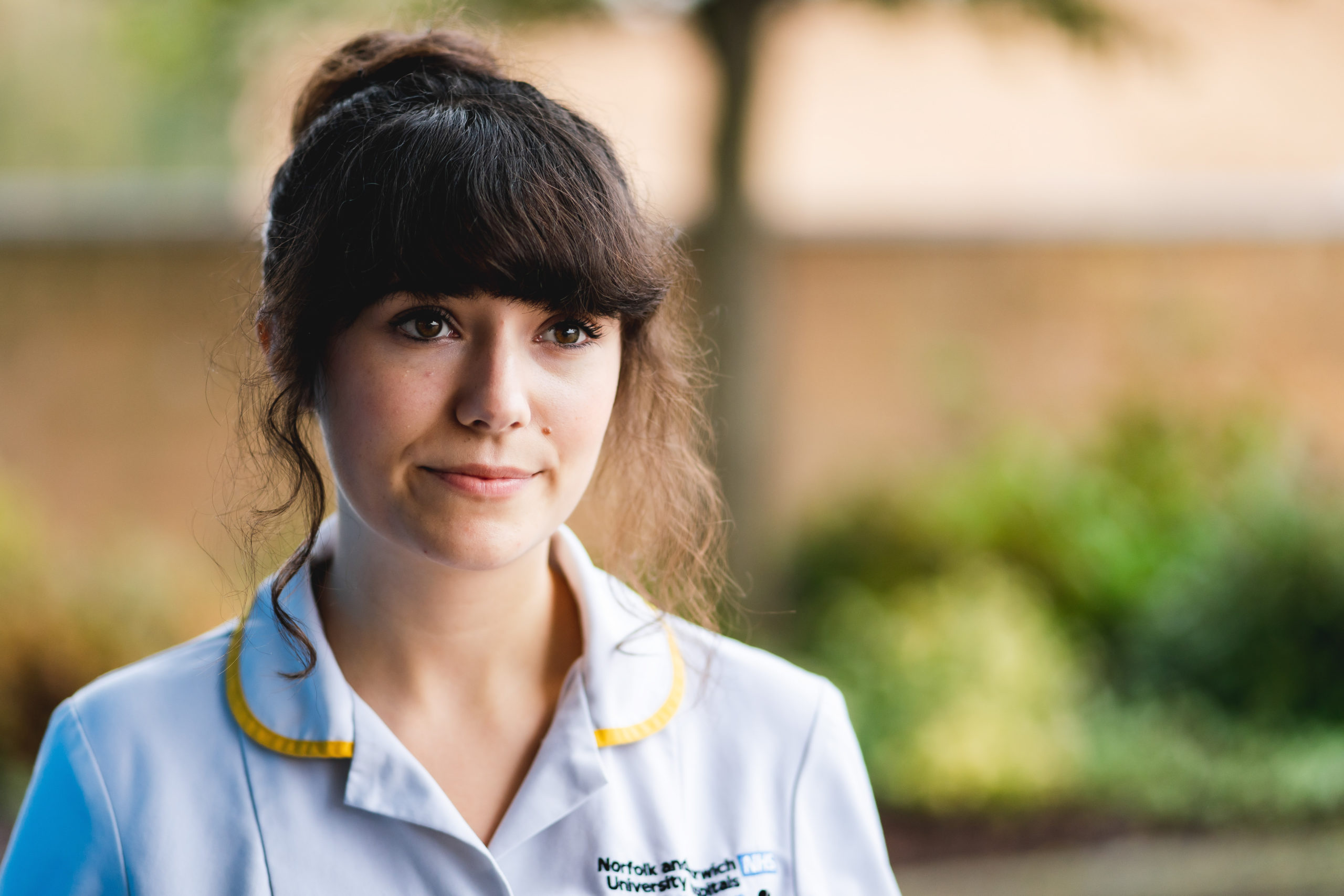
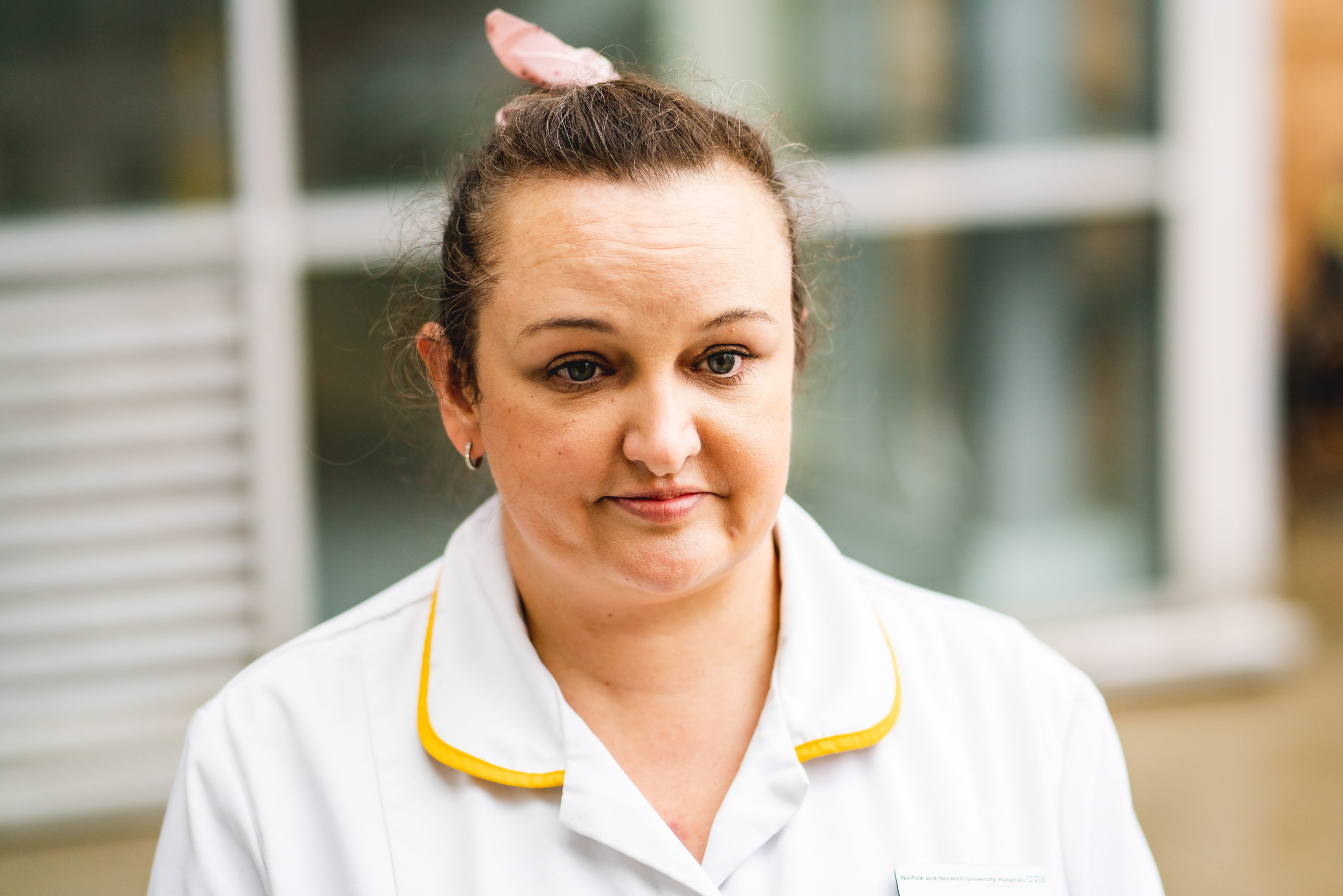
Further programme information
The training is typically 24 months in length.
NMC regulation
Nursing associates are subject to statutory regulation by the NMC. The NMC sets the standards of proficiency required for entry to the professional register and these are in effect the occupational standards for nursing associates. The NMC also has the statutory duty to set requirements of programmes necessary to support the achievement of the occupational standard.
Happy healthy people providing excellent compassionate care
What is the structure of the academic programme?
You will need to undertake 1,150 theory hours and 1,150 practice hours (if you are completing an Apprenticeship, you will need to evidence off the job learning and protected learning time).
To find out more about the apprenticeship standards, click here
A minimum of 460 supernumerary placement hours outside usual area of work is required to meet standards. Experience must include adult, child, mental health & learning disability, with people across the lifespan.
What is 20% off-the-job training for an apprenticeship?
Off-the-job training is defined as learning undertaken outside of the normal day-to-day working environment and leads towards the achievement of an apprenticeship. This can include training that is delivered at the apprentice’s normal place of work but must not be delivered as part of their normal working duties.
The off-the-job training must be directly relevant to the apprenticeship framework or standard and could include the following:
- The teaching of theory (for example: lectures, role playing, simulation exercises, online learning or training sessions),
- Practical training: shadowing, mentoring, industry visits and attendance at competitions,
- Placements outside usual workplace,
- Learning support and time spent writing assessments/assignments.
Find out more here.
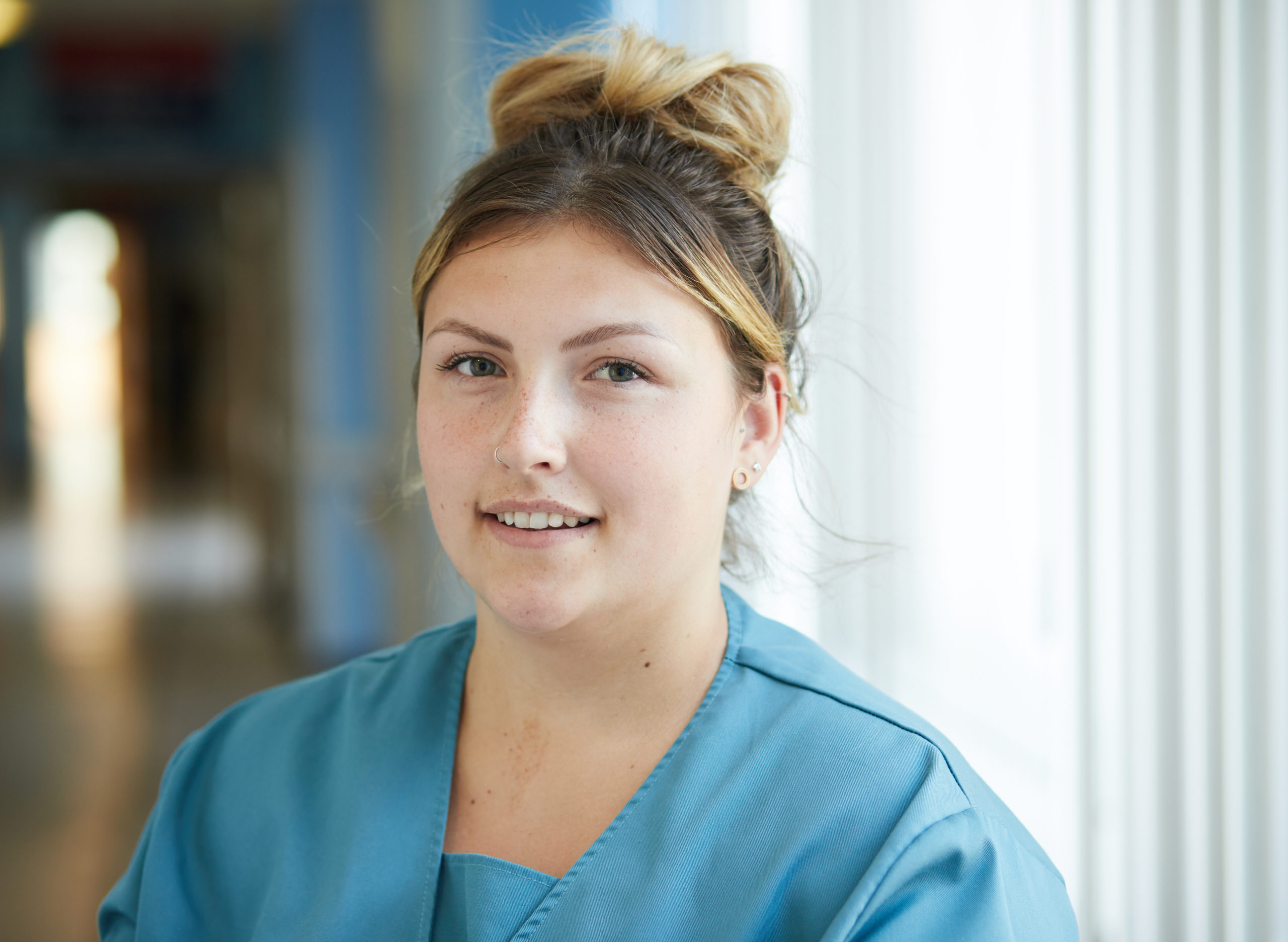
Happy healthy people providing excellent compassionate care
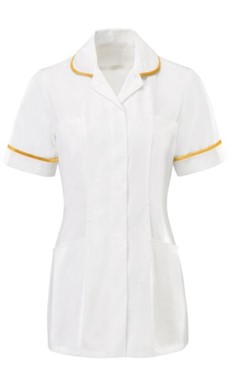
What uniform will the Trainee Nursing Associate wear?
In organisations within the Norfolk and Waveney ICS where employees wear a specific uniform for work, their apprentices will wear this uniform – this is white tunic with yellow piping and blue trousers or a white dress with yellow piping and a yellow belt & black shoes. In organisations that do not wear a uniform, they will only be required to wear the uniform when on placements outside of their organisation where it is essential to the role.
Happy healthy people providing excellent compassionate care
What are the entry qualifications and requirements for me to apply?
To apply for this programme, you need the following:
- GCSEs Grade C or above in Maths and English Language/New GCSE Grade 4-9 in Maths and English Language OR Functional Skills Level 2 in Maths and English or equivalent (Entry level 2 is not included)
- An ability to study at Diploma Level with commitment to complete the Foundation Degree/Higher Apprenticeship.
- Experience of working in health and/or social care is desirable
- Employed in a full-time post (over 30 hours a week)
- Reference from Line Manager demonstrating the necessary values, attitudes and behaviours in line with The Code (NMC 2015, updated 2018)
https://www.nmc.org.uk/globalassets/sitedocuments/nmc-publications/nmc-code.pdf
Candidates will need a new DBS certificate prior to commencing the course. This needs to be an enhanced DBS.
Candidates will also need Occupational health check / inoculations may be required.
Application process
Once the programme is advertised, applicants will be required to complete an initial Expression of Interest form (EOI) and/or TRAC application on the NHS jobs website or apply online. For further information please contact the Educational lead within your organisation. Shortlisted applicants will be invited for an interview and the panel will typically consist of a service user, university, and organisation representative.
